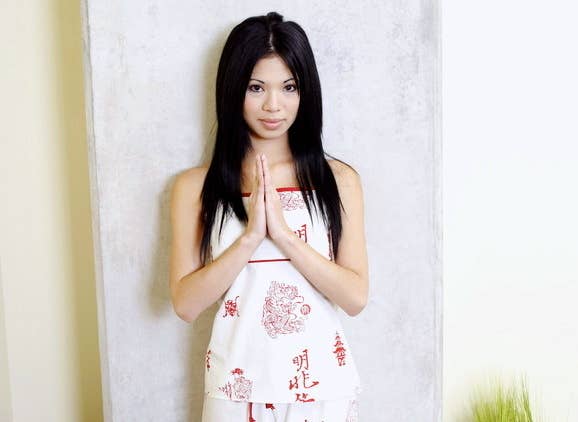
'Stay grateful and gracious'.As life tips go that's probably not one you'd readily associate with a high-powered business woman who's a mover and shaker in A-list celebrity circles. Yet it's one of 'the key pieces of advice' that fashionista-to-the-stars Rachel Zoe would 'drive home to my younger self' if she was able to turn back time and do so. It was, she told LinkedIn, something she regretted not having known at the start of her career.Sincerely feeling thankful is a good idea. It tends to make us happier and it tends to make us better company. But to do so it has to be more than just skin deep, which is not always the case nowadays, according to an article that has made the rounds on the internet, called 'An Epidemic of Gratitude'. 'By far the greater part of what passes for appreciation these days is not the genuine article, but a facsimile, and a poor one at that,' its author concludes.There is, however, a good test that President John Kennedy articulated by which to measure the sincerity of our thankfulness. He said: 'As we express our gratitude, we must never forget that the highest appreciation is not to utter words, but to live by them.' But while having our actions speak louder than our grateful words is, in itself, the right thing to do, a gratitude attitude is not without its rewards. Scientists are accumulating considerable evidence that verifies what spiritual thinkers have long affirmed: 'a grateful heart' (to quote a favourite hymn) can be beneficial to our health. 'A growing body of research shows that gratitude is truly amazing in its physical and psychosocial benefits,' wrote Drs. Blair and Rita Justice, from the University of Texas Health Science Center at Houston. Their article entitled 'Science and research on gratitude' illustrates this point with a number of intriguing studies. Furthermore, even a tiny glimpse of gratitude can start to turn a life around. That happened to a friend suffering from suicidal depression. In a moment of spiritual clarity she saw a profound need to start appreciating the everyday things in life. As she did so, she began to find even more significant things to be grateful for. Finally, the permanent lifting of the depression itself became yet another reason for her heartfelt appreciation. My friend was, under somewhat trying circumstances, effectively road-testing the therapeutic value of unconditional thanks. She credits doing so with changing her character and restoring her health.That experience echoes the findings of those researchers that gratitude is an investment in our wellbeing. It's also an example of something discerned by one of the spiritual thinkers, Mary Baker Eddy. Through her own health-related search for deeper answers she saw that the practical benefits of nurturing spiritual qualities like gratitude are not haphazard but express an underlying divine principle. Her 'textbook of Christian Science' asks: 'Are we really grateful for the good already received?' If so, it concludes, we shall then 'avail ourselves of the blessings we have, and thus be fitted to receive more' (Science and Health with Key to the Scriptures).Does that seem counterintuitive? If things aren't going well, surely we need relief from the problem before we feel, and express, gratitude. Not so, if ingratitude is itself a mental masking of things we'd otherwise be gratefully aware of. British psychologist, author, and broadcaster Dr Robert Holden recommends making gratitude a practice in order to reveal what we might be missing. 'Before we practise gratitude, we are in the dark and there appears very little to be grateful for,' he writes in Hello Happiness, "But once we begin to practise gratitude, a new light dawns, sometimes a brilliant light, a light as bright as heaven itself.' The act of quietly, humbly giving thanks is a daily discipline anyone can adopt. Putting it into practice is just a changed thought away. So if you aren't already trying to 'stay grateful and gracious', you could consider taking up the practice of these and other unselfish, yet self-benefiting, qualities. If you do, you might just find that it's not only your family and friends, but also your mind and body, thanking you for doing so.
Tony Lobl is a Christian Science practitioner

